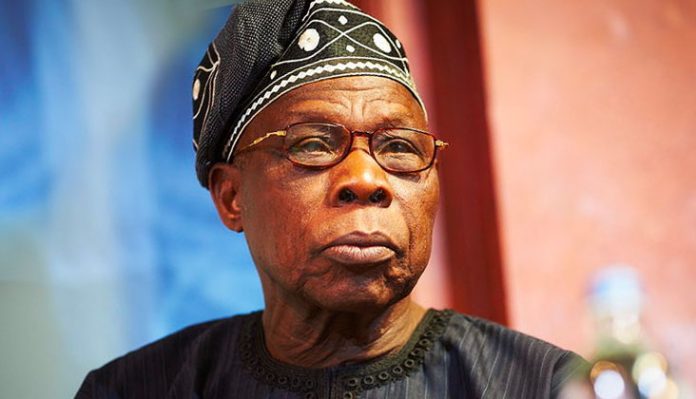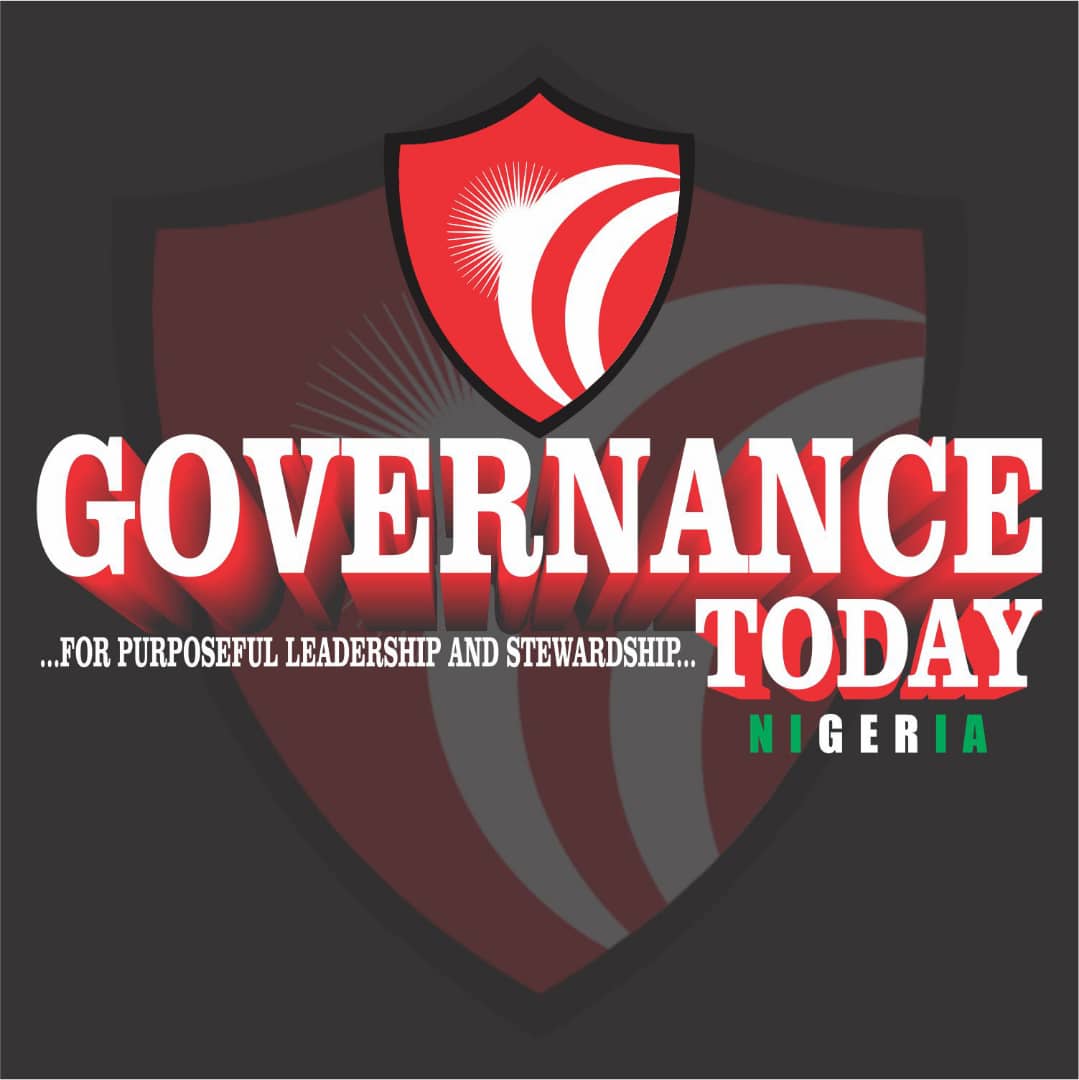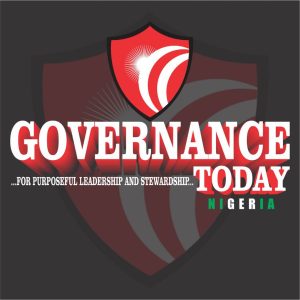Former president, Olusegun Obasanjo has criticised President Bola Tinubu’s administration for the poorly executed elimination of petroleum product subsidies and the floating currency.
Obasanjo claimed that even though the policies were necessary they were not properly implemented
In a statement sighted by GTN on Sunday, Obasanjo also denounced Nigeria’s response to the coup in the Republic of Niger, according to his Special Assistant on Media, Kehinde Akinyemi.
The former President disclosed this, while delivering a speech at a colloquium titled “Nigeria’s Development: Navigating the Way Out of the Current Economic Crisis and Insecurity” in Abuja.
The ex-president said, “Today, the government has taken three decisions, two of which are necessary but wrongly implemented and have led to the impoverisation of the economy and of Nigerians. These are the removal of subsidy, closing the gap between the black market and official rates of exchange and the third is dealing with a military coup in Niger Republic.
“The way forward is production and productivity which belief and trust in government leadership will engender. No shortcut to economic progress but hard work and sweat.
“The economy does not obey orders, not even military orders. I know that. If we get it right, in two years, we will begin to see the light beyond the tunnel. It requires a change of characteristics, attributes, and attitude by the leadership at all levels to gain the confidence and trust of investors who have alternatives.”
Obasanjo added that the government must do more to attract foreign investments. He said, “Total Energy has gone to invest $6bn in Angola instead of Nigeria. If the truth must be stated, the present administration has not found the right way to handle the economy to engender confidence and trust for investors to start trooping in.
“They know us more than we know ourselves. And now they are laughing at us, not taking us seriously. We have to present ourselves in such a way that we will be taken seriously. If the existing investors are disinvesting and going out of our country, how do we persuade new investors to rush in?
“We can be serious if we choose to be but we need to change from transactional leadership in government to transformational and genuine servant leadership.
“With change by us, the investors will give us benefit of doubt, and security being taken care of on a sustainable long-term basis, they will start to test the water.
“ With the right economic policies, attribute of integrity and honesty of purpose, all should be well with all hands on deck and government becomes a catalyst for development, growth and progress.
To conclude on the economy, “tinkering with the exchange rate is not the answer. The answer is consistency and continuity in policy to ensure stability and
predictability. That way, we will be sure to incentivize domestic and foreign investment.
“There must be honesty and transparency in government dealings and contracts and not lying with deception about these issues. When the government is seen as pursuing the right policy, the private sector will go for production and productivity.”
“Change is possible but it must begin with the leadership”.
The former President’s reaction to the refinery issue was coming barely six months after the claim that the refinery would begin operation in January.
He noted that to get out of the current situation of the country, the government and the governed needed to look at the past and the present, and ask: How do we get here?
“Looking at the topic of today’s occasion, the question I would ask is, how do we navigate our way out of these crises and pave the path towards a more secure and prosperous Nigeria? I believe the answer
to this requires a multi-faceted approach that addresses the root causes of these challenges. The central questions are: where were we? And how did we get to where we are today?
According to Obasanjo: “Firstly, we must know where we are coming from. Our economy has consistently suffered from poor policies, lack of long-term sustainable policies, discontinuity, and corruption firmed on personal greed, avarice, incompetence, lack of knowledge and understanding, and lack of patriotism.










